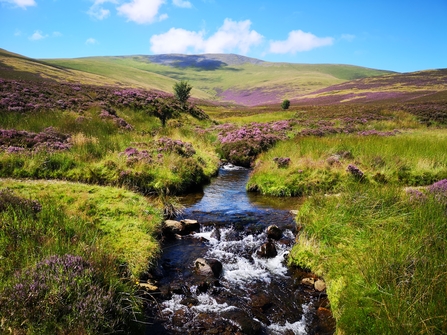The Bob Graham Round holds a special place in the hearts of many hill, fell and trail runners across the globe. From American superstar Jack Kuenzle to local legend Billy Bland, it has a pull on the psyche of the adventurous and the bold.
The Round is split into five legs and each leg has its own character: leg one is the bog; leg two is the rolling Dodds; leg three is the mean one; leg four is the meaner; leg five is the run home – the victory lap or the dreaded sprint for the 24-hour deadline.
Over the years, I’ve supported several successful (and unsuccessful) attempts, and run sections of the route multiple times to familiarise myself with the ground. I know leg one the best – an unending climb up Skiddaw that sinks into the boggy marsh leading to Great Calva, followed by a fence-hugging descent.






